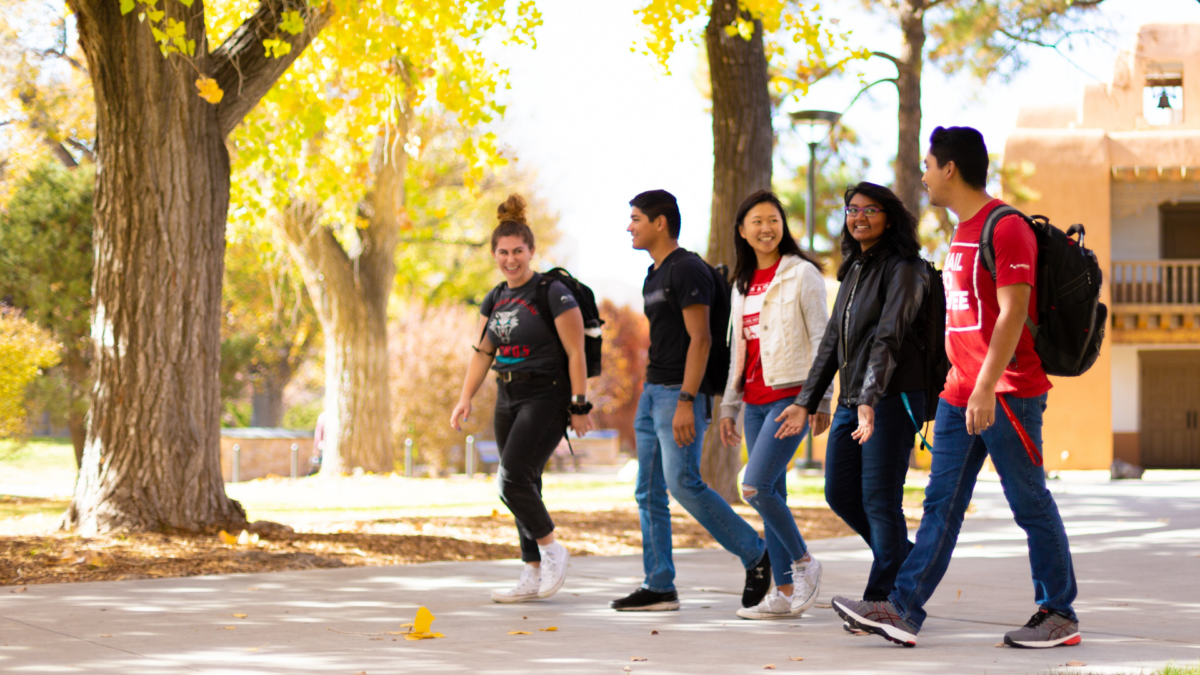IHEP Launches #CollegeNotPrison Awareness Campaign
Published Mar 14, 2017
WASHINGTON, D.C. – March 14, 2017. The Institute for Higher Education Policy (IHEP) today launched #CollegeNotPrison, a social media and public awareness campaign to educate policymakers, campus leaders, and the public about the financial aid barriers justice-involved youth face when pursuing higher education.
“Higher education is a proven stepping stone for people to ascend from the confines of poverty to the economic security of the middle class,” said IHEP President Michelle Asha Cooper, Ph.D. “Justice-involved men and women are no different. Through this campaign we are elevating awareness and understanding of the challenges these students experience so they are not forgotten.”
The #CollegeNotPrison social media campaign showcases a short, two-minute video featuring Alton Pitre, 25, a senior at Morehouse College majoring in sociology and U.S. Sen. Cory Booker (NJ), a staunch advocate for justice reform and college affordability.
In the video, Pitre recounts his experience with the justice system as a young man growing up in South Los Angeles, Calif. Pitre was arrested weeks before his high school graduation and charged with robbery and attempted murder—crimes he did not commit. He was wrongfully incarcerated for nearly two years. Pitre’s case was eventually transferred to adult court where all charges were dropped and the case was dismissed. But Pitre’s struggles continued beyond incarceration as he set his sights on bettering his life and earning a college degree.
“It’s hard to get into college, but the hardest part is staying in,” said Pitre.
Each semester he struggles to keep his student account current, enroll in courses on time and earn enough for basic living expenses.
“Alton Pitre’s story is one of potential and promise,” said Senator Booker. “Many men and women, like Alton, also dream of earning a degree, but face access and affordability challenges. Keeping higher education out-of-reach for those who have paid their debt to society sentences those with records to a lifetime of diminished economic opportunity. Instead, we should help to rehabilitate and re-integrate returning citizens as productive members of society.”
To remove barriers that place access, affordability and success beyond reach for justice-involved youth, IHEP recommends that policymakers:
- Lift the ban on the use of federal Pell grants by individuals who are incarcerated in federal and state penal institutions.
- Lift the ban on federal student loans for individuals who are incarcerated (adult or juvenile settings).
- Remove the federal financial aid ban on individuals who are convicted of drug crimes while receiving federal financial aid.
- Support a federal demonstration grant program to support postsecondary success for justice-involved youth.
Since its founding in 1993, IHEP has researched the trends and impacts of access to higher education for justice-involved Americans. In 1994, IHEP released Pell Grants: Are Prisoners the Program’s Biggest Problem?, a first-of-its-kind analysis which concluded that total Pell Grants awarded to incarcerated individuals represented less than one percent of the total program budget. In 2005, IHEP released Learning to Reduce Recidivism, which examined postsecondary correctional education and policy, and argued that postsecondary correctional education programs offer the potential to provide incarcerated men and women with a second chance at productive citizenship. And most recently, the 2011 report Unlocking Potential: Results of a National Survey of Postsecondary Education in State Prisons, included a state-by-state analysis of correctional education policy, detailed the complexity of postsecondary correctional offerings, and sought to provide meaningful strategies to advance policy innovations.
#CollegeNotPrison is made possible through generous support from the Federal Financial Aid Advocacy Fund administered by HCM Strategists.
To learn more about #CollegeNotPrison, please visit www.collegenotprison.com.


